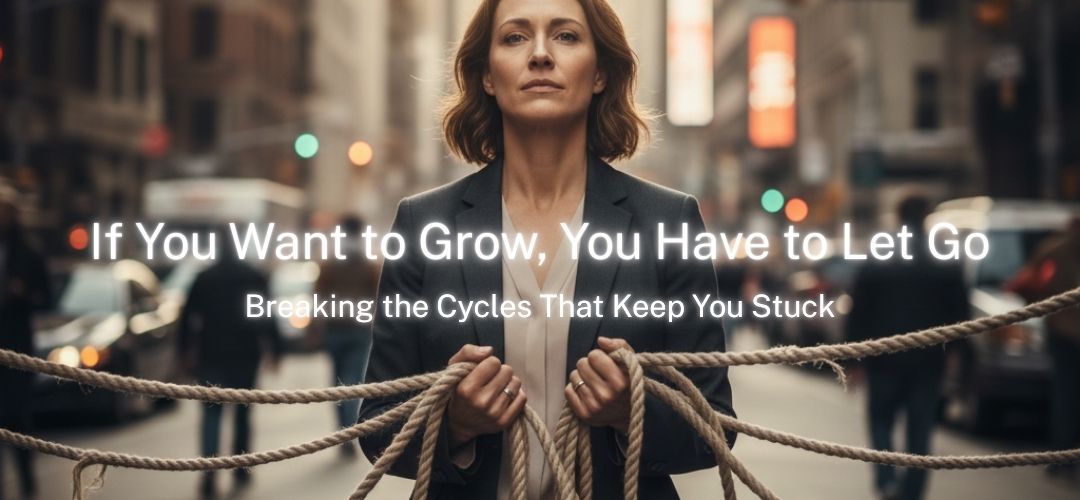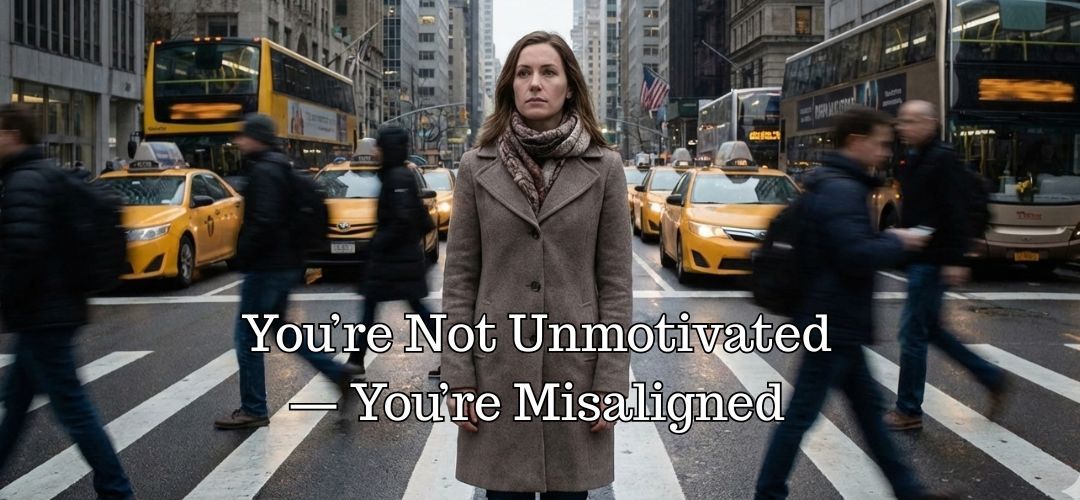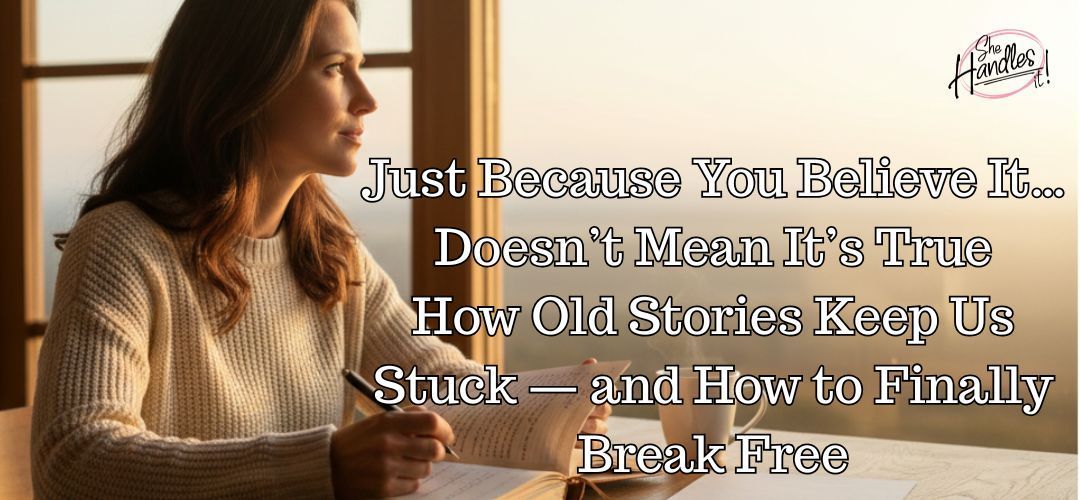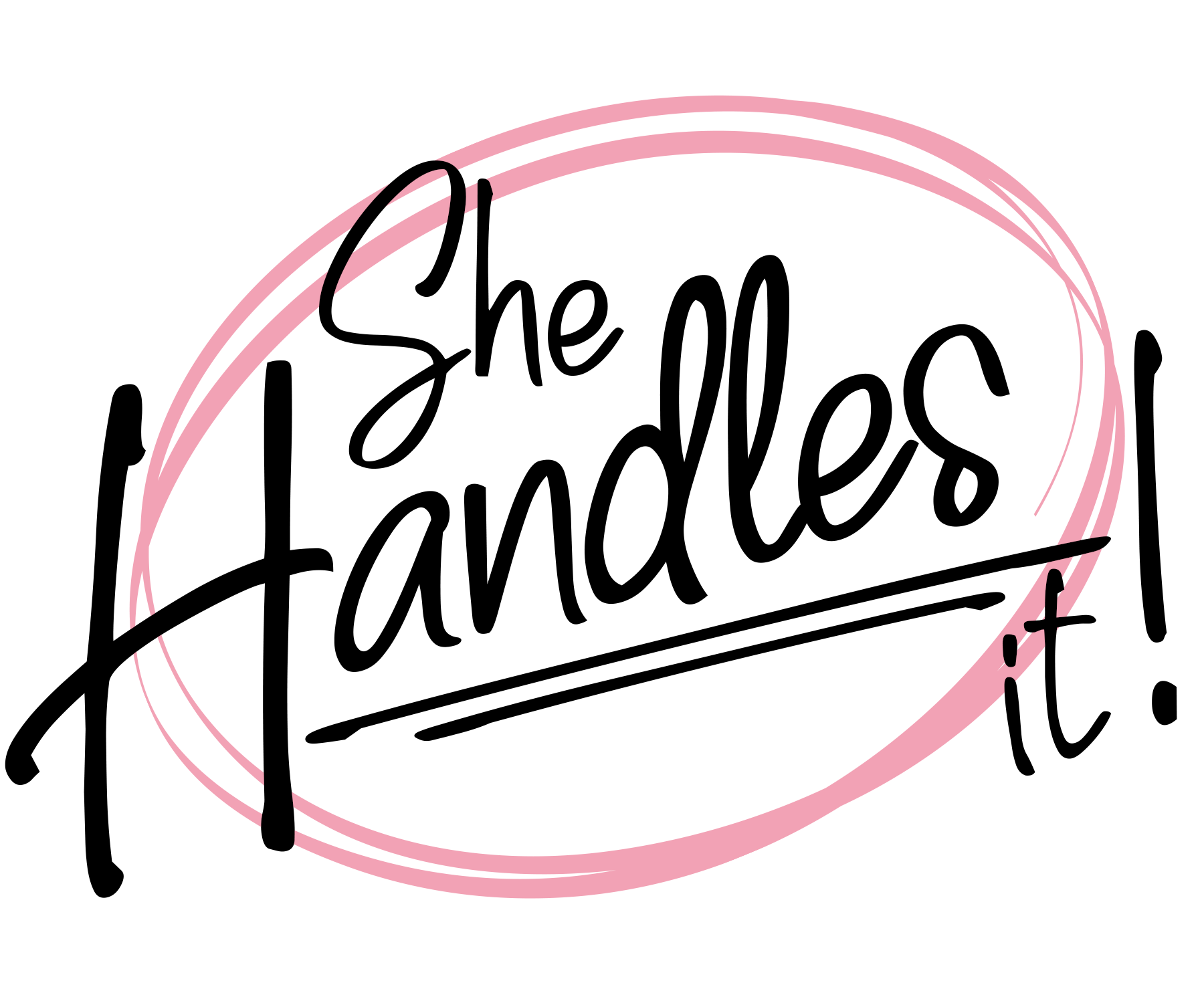
Search She Handles It Blog Posts
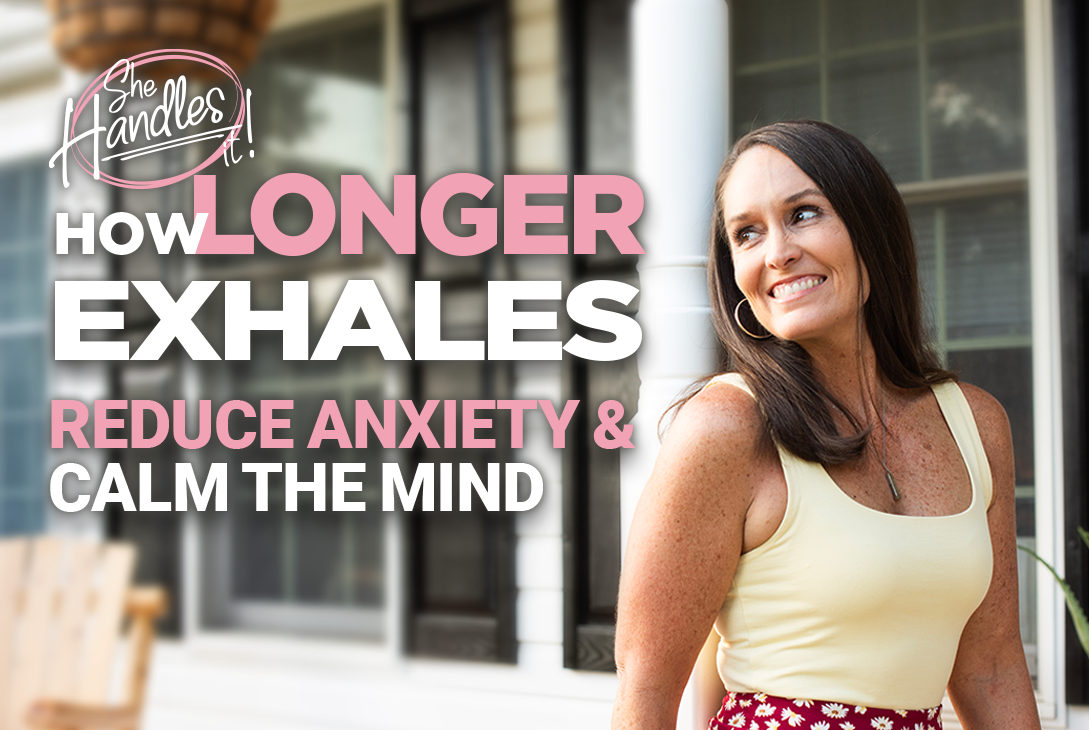
The Breath That Brings You Back: How a Longer Exhale Calms the Chaos
The other night, I found myself wide awake at 2 a.m.—and not in the romantic, creative genius kind of way. I tossed, I turned, I stared at the ceiling. And then it hit me: I had forgotten to set my alarm.
So first—thank you, Spirit Guides, Universe, God, or whatever higher force you believe in—for the nudge. But after I grabbed my phone and set the alarm, my mind decided now was a great time to rehearse my entire to-do list for the day.
You know that feeling—when your inner voice turns into a full-blown morning meeting before the sun even rises? Yep. That was me. And as the anxious swirl grew louder, so did the pressure on my chest. Like that all-too-familiar elephant that loves to park itself right where your peace should be.
But here’s where the story shifts.
I remembered something I could control: my breath.
The Science of the Exhale
Most of us think of breathing as automatic—and it is. But when you breathe with intention, especially during stress or anxiety, it becomes a tool. A weapon. A grounding force. And the secret isn’t just in the inhale—it’s in the longer exhale.
Here’s why:
When you exhale slowly and fully, you activate your parasympathetic nervous system—the “rest and digest” part of your body that tells your brain, hey, we’re safe now.
That longer exhale actually signals your body to slow your heart rate, reduce blood pressure, and quiet the fight-or-flight response.
This isn’t just mindfulness fluff—it’s backed by science and supported by experts like Mel Robbins, who regularly talks about breathwork as a go-to anxiety reset.
My Go-To Breathing Technique
That night, I laid there and took control—one breath at a time.
I inhaled through my nose for about 4 seconds…
Then slowly exhaled through my mouth for 8 to 10 seconds.
Not forced. Not dramatic. Just slow, steady, and intentional.
In through the nose. Out through the mouth.
Over and over again, like waves smoothing the sand.
I wasn’t trying to “meditate.” I wasn’t chasing sleep. I just focused on the exhale.
And that one simple shift gave me something powerful:
Silence.
The voices in my head paused. The elephant lifted. And I dropped into a state of stillness that I usually find hard to access—especially with all the distractions of daily life.
The Moment That Mattered
Did I fall back asleep eventually? Yes.
But honestly, that wasn’t the win.
The win was the moment of clarity.
The quiet.
The connection to myself in a space that felt sacred and unshaken.
No birds chirping. No voices from another room. No mental multitasking.
Just breath—and the power that lives inside it.
A Reminder for You
You might not always be able to silence your thoughts at will.
You can’t always stop the racing mind or the restless night.
But you can pause.
ou can breathe.
And you can come back to yourself with one long, intentional exhale.
So the next time anxiety creeps in—or you’re wide awake with a million tabs open in your brain—remember this:
Your breath is a tool. Use it.
And if you need a place to start?
Inhale for 4.
Exhale for 8.
Repeat until you remember—you’ve got this.
Even at 2 a.m.
